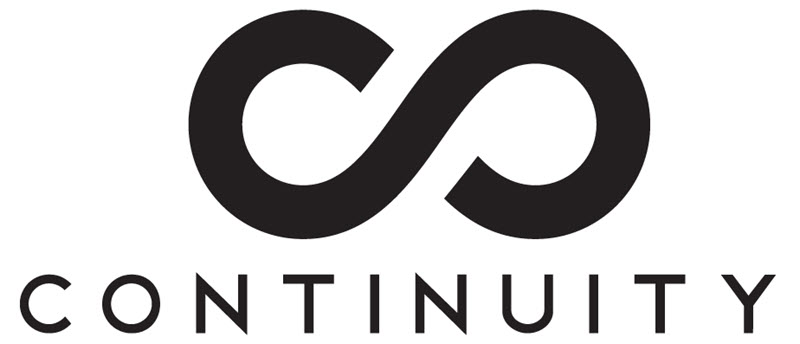The academic system favors students who learn in a standardized way and can easily adapt to rigid structures of education. The idea of standardization comes as a disservice to students who are not organized and struggle with the current structure of the system.
The trend towards standardization in education deprives students of individualized learning, which is essential for proper academic development. Within this academic system, there are problems such as unfair distribution of resources, emphasis on test scores over actual learning, and inadequate support for some subjects such as music, arts, and vocational skills. These problems contribute to the elitism of the academic system as many who don’t have the money to get through high school and be able to go to college are left at a disadvantage.
Students who have a hard time with organization might have difficulty setting realistic goals, managing their time wisely, keeping their spaces tidy, and following through on tasks. These are vital skills for academic success, and disorganized students are more likely to struggle in these areas. The academic system needs to be reformed to better serve disorganized students by offering additional academic support, study tips, and organizational frameworks that can be adapted to individual learning styles.
Broken curricula is evident in the overemphasis on standardized tests. Tests tend to reinforce the specific aspects of learning that do not consider different learning styles. Subjects such as science and mathematics, which cater to students who are more practically oriented, are often presented in a highly theoretical manner, which caters to specific kinds of students, which would include real world learning, to empower students to take ownership of their education, instead of reflecting only on a test score.
Once a student graduates and continues their education in college, the university system favors only a select few because of its business structure. As tuition rates continue to rise, access to higher education becomes more exclusive, with many individuals left out of the ‘opportunity’ to pursue higher education.The selection. A core issue that needs attention is the increasing problem of student debt. The university system should not be structured as a business that prioritizes profits over education. Rather, it should serve to educate all students, regardless of their financial situation.
Standardized tests have become a fundamental aspect of the academic system. Unfortunately, these tests do not recognize different learning styles and tend to measure a student’s intelligence Based on their ability to take a test, which does not accurately reflect their strengths and abilities, additionally, standardized tests can be a significant source of stress and burnout for both students and teachers. To overcome this, alternative evaluation methodologies that can go beyond standardized tests should be adopted, like portfolios, essays, self-assessments, and teacher evaluations. In combination with these, other strategies that encourage lifelong learning, like mentorship and extracurricular activities, can enhance learning and the overall academic experience for students.
Cultivating diversity in perspectives is imperative in educating diverse minds. Failure to consider different learning styles, strengths, and weaknesses is detrimental to students’ academic development and the overall academic experience. Encouraging students to appreciate diversity and different approaches to learning can enhance critical thinking skills and allow students to develop a more nuanced understanding of the world. Perspective diversity empowers students to find creative solutions and develop teams that can collaborate efficiently and effectively, which is essential for success in the workforce. Therefore, it is essential that educators create an inclusive academic environment that values diversity and encourages students to embrace their differences.
The academic system is rigged towards students who can accommodate standardized learning while disadvantageous to those who learn in different ways. Any real progress towards inclusivity and equity within the education system necessitates breaking away from the present system’s rigidity and adopting more malleable, versatile, and student-centered approaches that are cognizant of the diverse needs of the student population. The main message that runs through this writing is that a more inclusive academic environment grounded in diversity and acceptance of different styles of learning is not just morally right but crucial for the future generations’ success. It is time to re-imagine and rethink the academic system to better serve and empower all students and better prepare them for the future.







